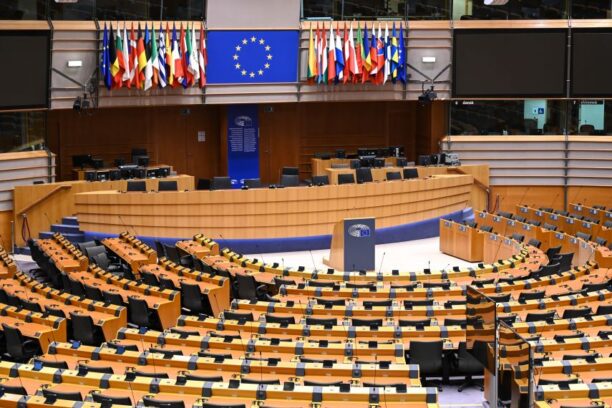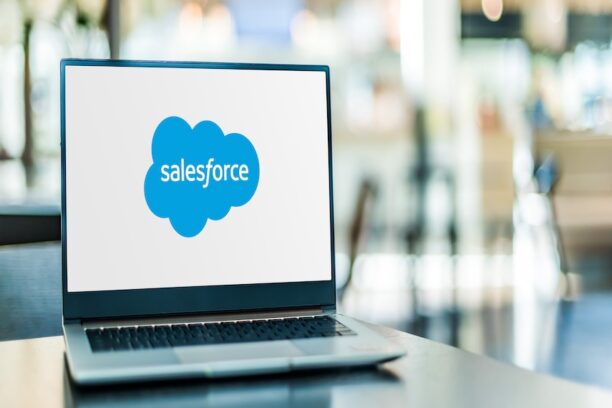Last week, the U.S. Department of State, the U.S. Department of the Treasury, the U.S. Department of Commerce, the U.S. Department of Homeland Security (DHS), the Office of the U.S. Trade Representative, and the U.S. Department of Labor updated their Xinjiang Supply Chain Business Advisory, originally published in July 2020, “in light of growing evidence of the use of forced labor in Xinjiang and the Secretary of State’s determinations that the PRC government has committed genocide and crimes against humanity in Xinjiang.”
…businesses and individuals that do not exit supply chains, ventures, and/or investments connected to Xinjiang could run a high risk of violating U.S. law. Potential legal risks include: violation of statutes criminalizing forced labor including knowingly benefitting from participation in a venture, while knowing or in reckless disregard of the fact that the venture has engaged in forced labor; sanctions violations if dealing with designated persons; export control violations; and violation of the prohibition of importations of goods produced in whole or in part with forced labor or convict labor.
While the US Uyghur Forced Labor Prevention Action (UFLPA) may appear to be limited to products/materials exported directly from the XUAR, the law is in reality broader – applying to “products from the People’s Republic of China into the United States that were mined, produced or manufactured wholly or in part in the XUAR.”
The updated Business Advisory reminds companies that
Raw and refined materials, commodities, intermediate goods, byproducts, and recycled materials may all have connections to forced labor and human rights violations in Xinjiang, regardless of the final product and region of origin or export… This advisory outlines risks that businesses and individuals should consider when assessing business partnerships with, investing in, sourcing from, or providing other support to companies operating in Xinjiang, linked to Xinjiang, or with laborers from Xinjiang…
This advisory urges businesses and individuals to undertake heightened human rights due diligence to identify potential supply chain links to entities operating in Xinjiang, linked to Xinjiang (e.g., through the pairing program described in III. a or Xinjiang supply chain inputs) or utilizing Uyghur or other ethnic and Muslim minority laborers from Xinjiang. Such heightened due diligence is in line with the UN Guiding Principles on Business and Human Rights (UN Guiding Principles), the International Labor Organization’s Combating Forced Labor: A Handbook for Employers and Business (ILO Forced Labor Guidelines), and the Organisation for Economic Co-Operation and Development (OECD) Guidelines for Multinational Enterprises (OECD Guidelines), which also includes factors to be considered in determining appropriate action, such as whether and how to responsibly end relationships when a business lacks the ability to prevent or mitigate adverse impacts.
The updated Business Advisory provides more detail on:
- the types of associated risks,
- specific products/materials beyond the law’s list of high-priority sectors for enforcement (cotton, tomatoes and polysilicon), and
- legal and enforcement risks under the nine (!!) relevant US agencies and laws
China Asks to Suppress UN Report
Reuters reported earlier this week that China asked
…the United Nations human rights chief [Michelle Bachelet] to bury a highly-anticipated report on human rights violations in Xinjiang, according to a Chinese letter seen by Reuters and confirmed by diplomats from three countries who received it… The letter authored by China expressed “grave concern” about the Xinjiang report and aims to halt its release, said four sources – the three diplomats and a rights expert who all spoke on condition of anonymity. They said China began circulating it among diplomatic missions in Geneva from late June and asked countries to sign it to show their support.
Bachelet has pledged to publish the UN’s report before she leaves office in August. We’re monitoring developments and will post updates when they are available.










